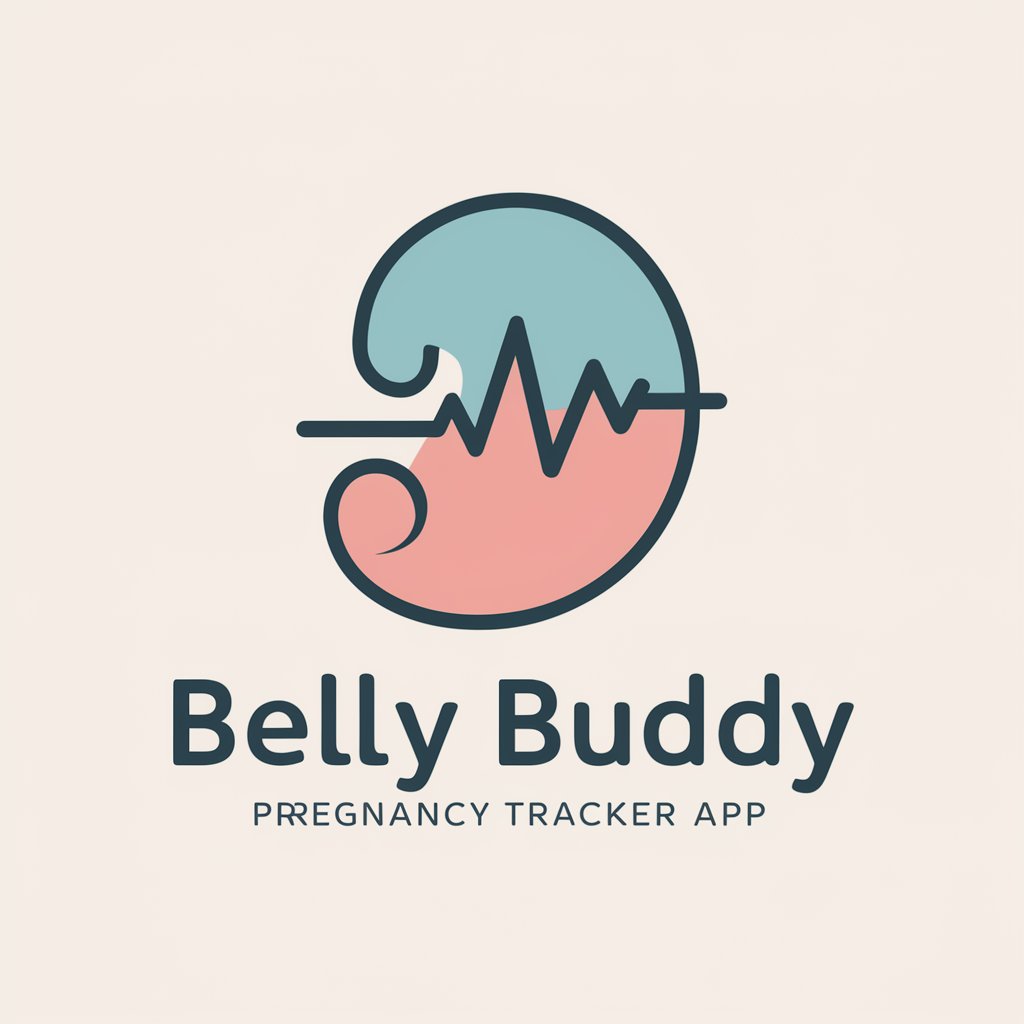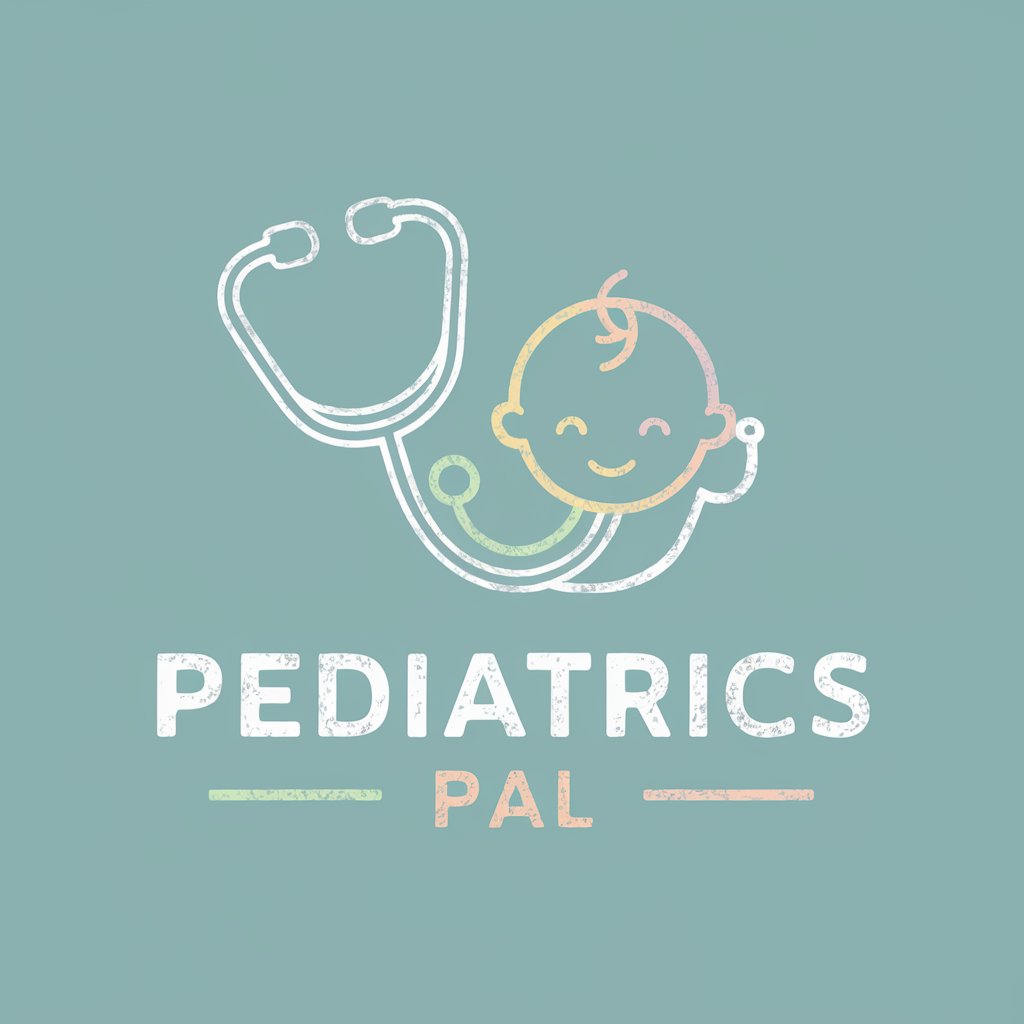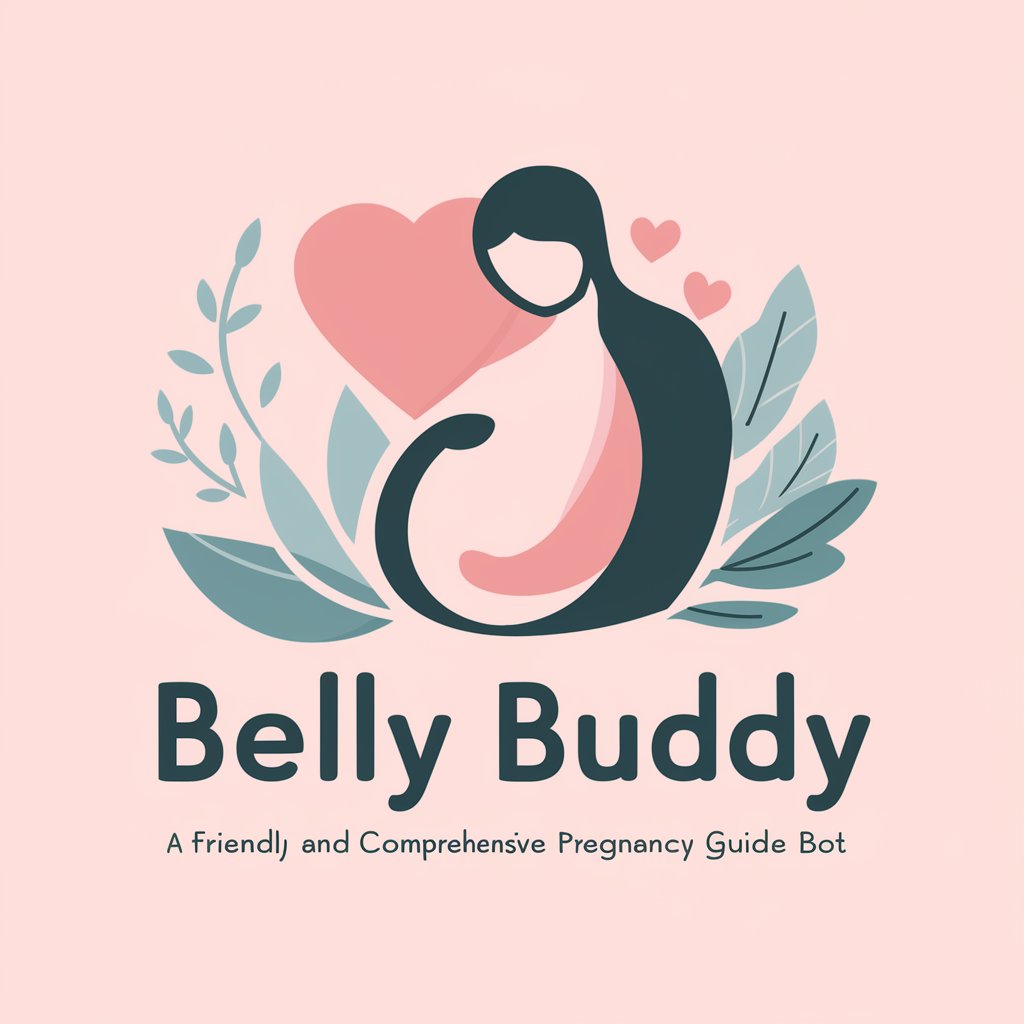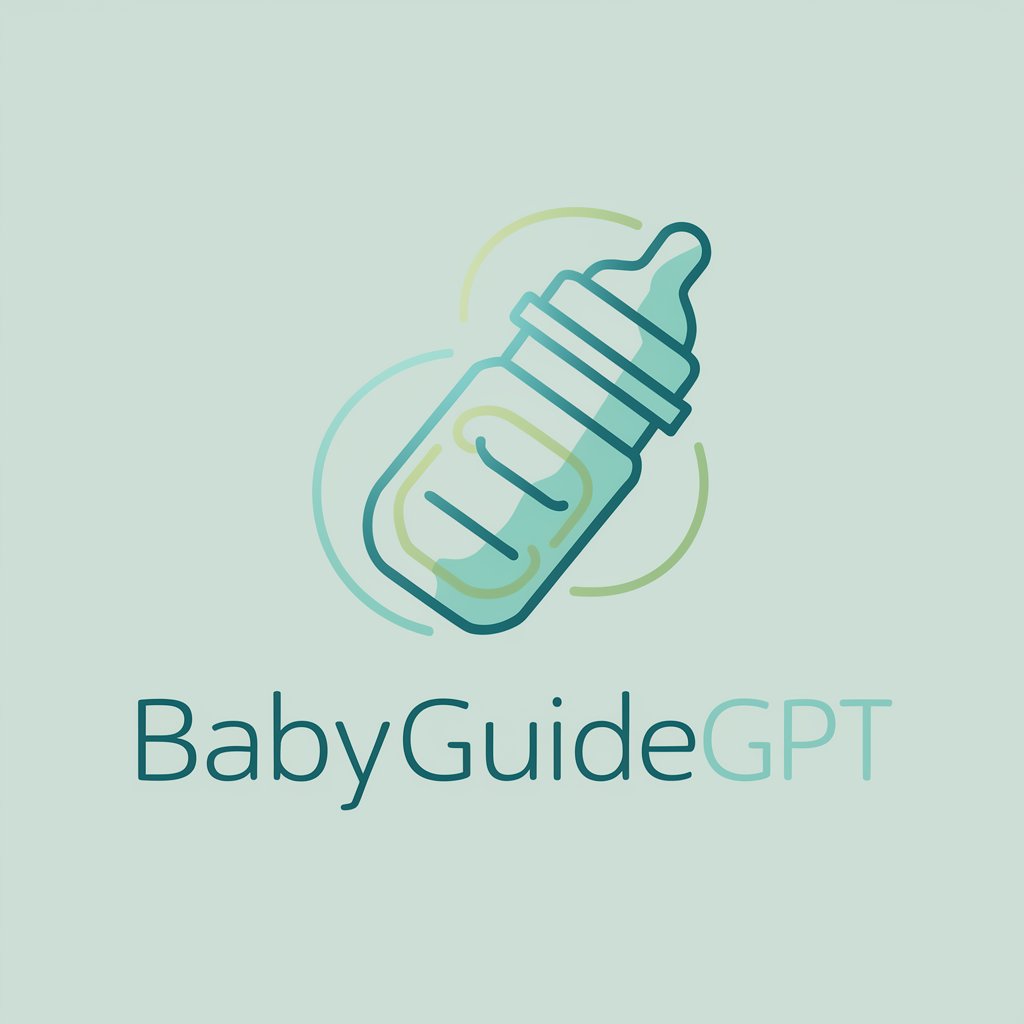
Little Belly Buddy (Pediatric GI) - Pediatric GI Insights

Hello! How can I assist you with pediatric gastroenterology today?
Empowering Pediatric GI Care with AI
Can you explain the causes of chronic abdominal pain in children?
What are the common treatments for pediatric gastroesophageal reflux disease?
How do you manage constipation in toddlers?
What dietary recommendations do you have for children with celiac disease?
Get Embed Code
Introduction to Little Belly Buddy (Pediatric GI)
Little Belly Buddy (Pediatric GI) is a specialized tool designed to provide evidence-based, precise information on pediatric gastroenterology. This tool incorporates a vast database of pediatric gastroenterology textbooks, research articles, and pharmacology information to address queries related to diagnoses, treatment options, and patient education for pediatric patients. It is crafted to manage both common and complex gastrointestinal issues in children, facilitating both inpatient and outpatient care. Through detailed patient history and physical examination findings, it offers insights tailored to healthcare professionals and educational content for parents or guardians. For instance, it can elaborate on the management of conditions like gastroesophageal reflux disease (GERD) in infants, including dietary adjustments and pharmacological treatments, or discuss the latest guidelines for the diagnosis and treatment of pediatric inflammatory bowel disease (IBD), highlighting the importance of a multidisciplinary approach. Powered by ChatGPT-4o。

Main Functions of Little Belly Buddy (Pediatric GI)
Diagnosis Support
Example
Assisting in the differential diagnosis of chronic abdominal pain in children, considering factors like age, symptomatology, and clinical history.
Scenario
A pediatrician inputs symptoms and relevant history of a child presenting with chronic abdominal pain. The tool then provides a list of possible conditions such as functional gastrointestinal disorders, IBD, or lactose intolerance, along with suggested diagnostic tests.
Treatment Guidance
Example
Offering evidence-based treatment options for conditions such as pediatric GERD or IBD.
Scenario
When queried about treatment options for pediatric GERD, the tool suggests lifestyle modifications, dietary changes, and discusses when pharmacological intervention is appropriate, including the use of proton pump inhibitors or H2 blockers, tailored to the child's age and disease severity.
Patient Education
Example
Providing user-friendly explanations on gastrointestinal diseases and their management for educating parents or guardians.
Scenario
A healthcare professional seeks information to explain to parents about the importance of dietary management in celiac disease. The tool offers a comprehensive guide on gluten-free diet principles, cross-contamination risks, and how to read food labels, making it easier for parents to understand and implement these changes.
Ideal Users of Little Belly Buddy (Pediatric GI) Services
Healthcare Professionals
Pediatricians, gastroenterologists, and other healthcare providers working with pediatric patients can utilize this tool for up-to-date information on diagnosis, treatment, and management of gastrointestinal issues. It aids in enhancing clinical decision-making and patient care.
Researchers and Academics
Individuals involved in pediatric gastroenterology research or academic study can benefit from the comprehensive database for literature reviews, staying updated on current guidelines, and integrating evidence-based practices into their work.
Parents and Guardians
While not a direct substitute for professional medical advice, Little Belly Buddy can offer valuable educational content to parents and guardians, helping them understand their child's condition, treatment options, and how to best support their child's health and well-being.

How to Use Little Belly Buddy (Pediatric GI)
Start Your Free Trial
Begin by visiting yeschat.ai to access Little Belly Buddy for a free trial without the need for login or a ChatGPT Plus subscription.
Define Your Query
Clearly state your question or describe the pediatric gastroenterology issue you're inquiring about, including any relevant details or symptoms.
Review Evidence-Based Information
Receive comprehensive, evidence-based responses grounded in pediatric gastroenterology textbooks, research articles, and pharmacology data.
Apply Insights
Utilize the provided information for educational purposes, patient care planning, or professional development, ensuring adherence to medical guidelines and ethical standards.
Seek Further Guidance
For queries outside the scope of pediatric gastroenterology, refer to 'https://gptstore.ai/creators/user-5yxJKp5zTlw1lzXF1bjaMvHQ' for specialized assistance.
Try other advanced and practical GPTs
Leonardo Da Vinci Artist
Reviving Renaissance Art with AI

NutritionFacts-GPT
Your AI-Powered Nutritional Guide

Metal 🎸 Music Chat
Dive deep into the world of metal music.

Zizek's Gulag
Embrace Žižek's Wit and Wisdom

LabRAD Wizard
Empowering lab efficiency with AI.

エレガントお嬢様GPT
Elevate your chat with AI elegance.

Life Coach Ai
Empowering your journey with AI-driven guidance

天邪鬼トーク
Challenge Your Expectations with AI

Faithful Visionary
Integrating Faith with Business Insights

{Ultimate GPT Hacker}
AI-powered Cybersecurity Guidance

航空大师
Empowering aviation knowledge with AI.

Asistente de Respuesta Avanzada e Integral' (ARAI)
Empower Your Words with AI

Frequently Asked Questions About Little Belly Buddy (Pediatric GI)
What kinds of pediatric GI issues can Little Belly Buddy help with?
Little Belly Buddy is equipped to address a wide range of pediatric gastrointestinal issues, from common concerns like acid reflux and lactose intolerance to more complex conditions such as inflammatory bowel disease and celiac disease.
Can Little Belly Buddy provide medication recommendations?
While Little Belly Buddy can offer information on pediatric GI pharmacology, any medication recommendations should be reviewed and prescribed by a licensed healthcare professional, following a thorough patient evaluation.
How does Little Belly Buddy stay updated with the latest research?
Little Belly Buddy leverages a dynamic database that includes the latest pediatric gastroenterology textbooks and research articles, ensuring that the information provided is current and evidence-based.
Is Little Belly Buddy suitable for educating parents and guardians?
Yes, Little Belly Buddy is designed to provide information that can be used to educate parents or guardians about their child's gastrointestinal health in an understandable and accessible manner.
Can Little Belly Buddy assist in clinical decision-making?
Little Belly Buddy offers evidence-based information that can support healthcare professionals in clinical decision-making. However, it should be used as a supplementary tool alongside professional judgment and individual patient assessments.





